7 Emerging School Education Software Trends in 2021
Progressive School software vendors are in a Perpetual development cycle to meet the emerging trends in schools as schools themselves, are under pressure to keep up with ever-changing reporting and learning environments.
Some of the growing trends in school management software and school learning environments face in 2021 and beyond.
- Computational learning, Machine learning software is growing at a rapid pace and computational thinking as a teaching and learning framework is a new concept for many educators. Some resent resources and free classes for teachers are available here
https://www.digitaltechnologieshub.edu.au/teachers/topics/computational-thinking
-

Applications of AI in Education
is poised to dramatically disrupt education in 2021. I’m not talking about replacing teachers with robots, but rather empowering educators and institutions with the same automation, prediction, and data-science capabilities that AI has brought to almost every other industry” – Patrick Weir // CEO, Fulcrum Labs
- Streamline Administration functions within the schools, as all schools across Australia are coming under pressure to cope with the rising student population, school are having to become as efficient as possible. This includes workflows for School administration enrolments, HR Finance etc. By 2026 705,000 more students will in Australian school than there are today.
- Use of AR/VR in Schools “In 2020, AR/VR will continue to be explored in the K-12 classroom and as such, there will be a demand for content to create genuine learning experiences” As early adopters continue to explore AR/VR technology, we will see a viable market emerge to attract more content developers. – Matt Dascoli // Education Strategist, Dell EMC.
- Sustainability, creating systems that work now and in the future. While we often think about it in terms of agriculture or energy or cities, we should also think about sustainability in education—for learners and teachers. To be sustainable is to be economically viable, environmentally sound, and socially just. Technology can make education more economically viable as it makes new ways of education possible. Economic viability is whether we can afford to do something now. Environmental soundness is whether we can keep doing something in the future. Is education making good use of resources, natural resources, and human resources? ‘Socially just’ means bringing into the educational ecosystem those who have been left out. Technology can help reach the disenfranchised, but is it? —Julie Willcott // Adjunct Faculty (and consultant to private companies), Kennebec Valley Community College
- Emerging Niche EdTech Solutions. “A new age of edtech tools are emerging— amazing niche-focused, light, and purposeful applications incredible at meeting the unique needs of students and adults. They set up learning to be personalized and put the learner in the
-

Educational VR Apps
seat. The days of large-scale administrative solutions mostly irrelevant to students teachers, and parents are numbered. Students and educators want and need comprehensive edtech applications focused on teaching and learning—apps providing clarity, that ease the information/application overload, and serve the teacher and learner over a lifetime.” —Erik Petrik // Co-Founder & Chief Creative Officer, bulb Digital Portfolio
- Adoption of Hybrid and Multi-Cloud environments. Education has been seen as slow adopters. But Schools are quickly growing within the education industry. Use of various devices in the classroom is up amongst both students and teachers, from computing devices to AR/VR, and IoT devices and beyond. K-12 and higher ed institutions are faced with significantly more data; as a result, there’s a need for a flexible and budget-friendly method to securely store and access it. Education institutions will double multi-cloud datacenter usage by 2025 as it becomes the new norm.” —Breck DeWitt // Education Strategist, Dell EMC
- Rise of Esports at Schools “Gamers Are the New High School Athletes: Rise of Esports… Trend gains traction in K-12 and college… Esports, a movement that features competitive video gameplay that grew out of the commercial gaming industry, is popular at the college and professional levels. Now, it is gaining a greater foothold in K-12… Some teachers and administrators have found that esports engages students who might not otherwise participate in school activities, teaching teamwork and potentially opening new college and career opportunities…” SOURCE: Education Week


